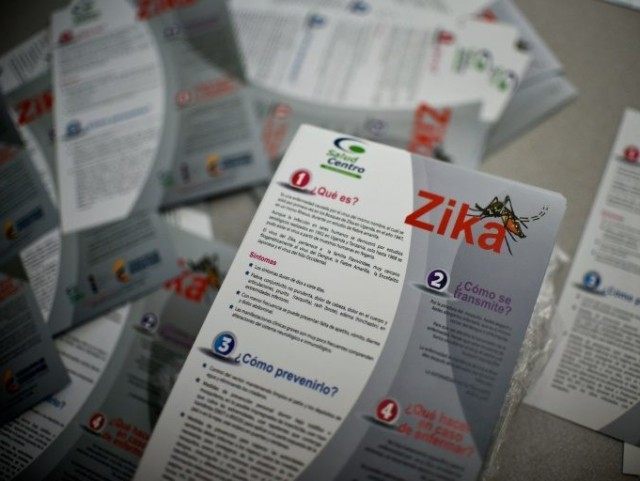This story originally appeared in the Washington Post:
Stung by criticism that the world’s response to the Ebola epidemic was halting and disjointed, officials in Latin America, the United States and Europe say they are determined to do better against a new foe that, in some ways, is more daunting than the hemorrhagic virus that killed 11,000 people in West Africa.
But their efforts are being hobbled by a fundamental lack of understanding of a disease that has spread to nearly three dozen countries and is moving so quickly that some experts estimate it could infect as many as 3 million to 4 million people within 12 months.
Unlike the highly lethal Ebola, which had been studied extensively by the time it emerged in Guinea in late 2013, Zika wasn’t considered a menace. Most infected people didn’t even show symptoms. For decades, Zika got little scrutiny before showing up in Brazil in May.
Now, for the first time, Zika is suspected of being the culprit behind a constellation of devastating birth defects, most notably microcephaly, a rare condition in which babies are born with head and brain abnormalities. In adults, the virus has been associated with another rare condition, called Guillain-Barré syndrome, that can result in paralysis and even death. But, even at this point, scientists are not able to say definitively that Zika is the cause of the problems.
The mystery surrounding the virus — officials aren’t sure what will turn up next — makes it “much more insidious, cunning and evil” than Ebola, said Bruce Aylward, a World Health Organization official who helped coordinate the organization’s Ebola response and is now leading the Zika effort.

COMMENTS
Please let us know if you're having issues with commenting.